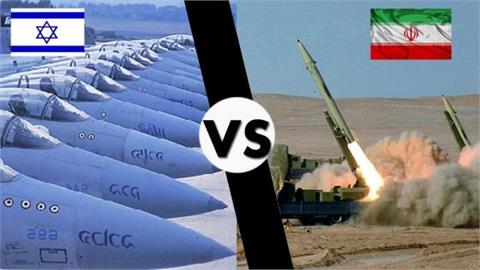As hostilities between Israel and Iran have escalated into sustained military operations, global energy markets are closely watching developments for signs of disruption to oil and gas supplies. The initial market reaction has been one of volatility and concern, though some stability has returned as trading unfolds and more data becomes available.
Early morning trading in Asian commodity markets on Wednesday, June 18, saw Brent crude—the global benchmark—opening at $76.60 per barrel for one-month forward contracts. However, as trading progressed, prices inched higher at 76.80 reflecting anxiety as military action on both sides escalate with piling human casualties. Later in the day at the Intercontinental Exchange (ICE) in London, Brent was reported at $75.94 per barrel, while West Texas Intermediate (WTI), the U.S. benchmark, stood at $74.45.
These fluctuations follow a sharp spike on Friday, June 13, when Brent surged by almost 12% in a matter of hours, rising from $67 to $77 per barrel before settling at $75.48 by the end of the day. WTI, the U.S. benchmark climbed 9% at $74.15 The surge was triggered by reports of Israel's extensive airstrikes on Iranian territory, marking the most serious direct confrontation between the two nations in recent history.
Strategic Energy Targets and Military Escalation
Six days have now passed since Israel launched a coordinated airborne campaign against Iran. The stated goal of the offensive: to degrade or destroy Iran’s nuclear infrastructure and prevent it from acquiring nuclear weapons capability. Initial Israeli strikes reportedly inflicted severe damage on Iran’s anti-aircraft systems and targeted several industrial and energy installations.
Iran retaliated swiftly, launching waves of cruise missiles and armed drones into Israeli territory. These strikes have resulted in significant infrastructure damage and civilian casualties, with 14 deaths and dozens injured reported on the Israeli side. Iran, meanwhile, has suffered far greater losses—more than 220 dead and over 1,200 injured—as Israeli strikes have hit hundreds of strategic targets across the country.
In a significant and controversial move, Israel has begun targeting Iran’s energy infrastructure. At least two natural gas processing plants and two major fuel depots have been struck. Analysts view this escalation as a high-risk strategy that raises the stakes for global energy markets. By directly attacking energy assets, Israel has introduced the potential for broader supply disruptions across the Middle East, a region that collectively holds more than 50% of the world’s proven oil reserves.
To see the full analysis as it appears in IENE’s News Flash see here




